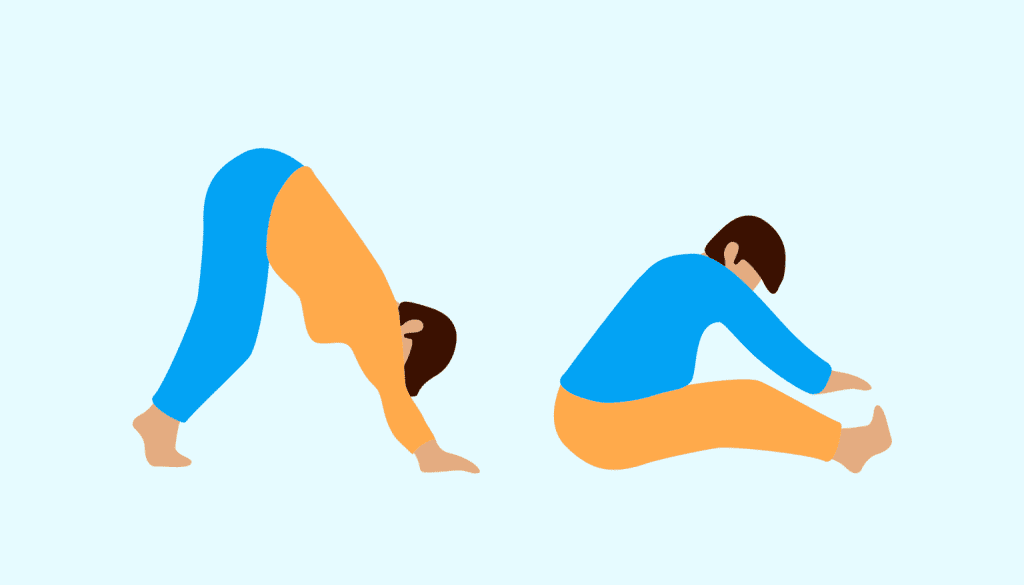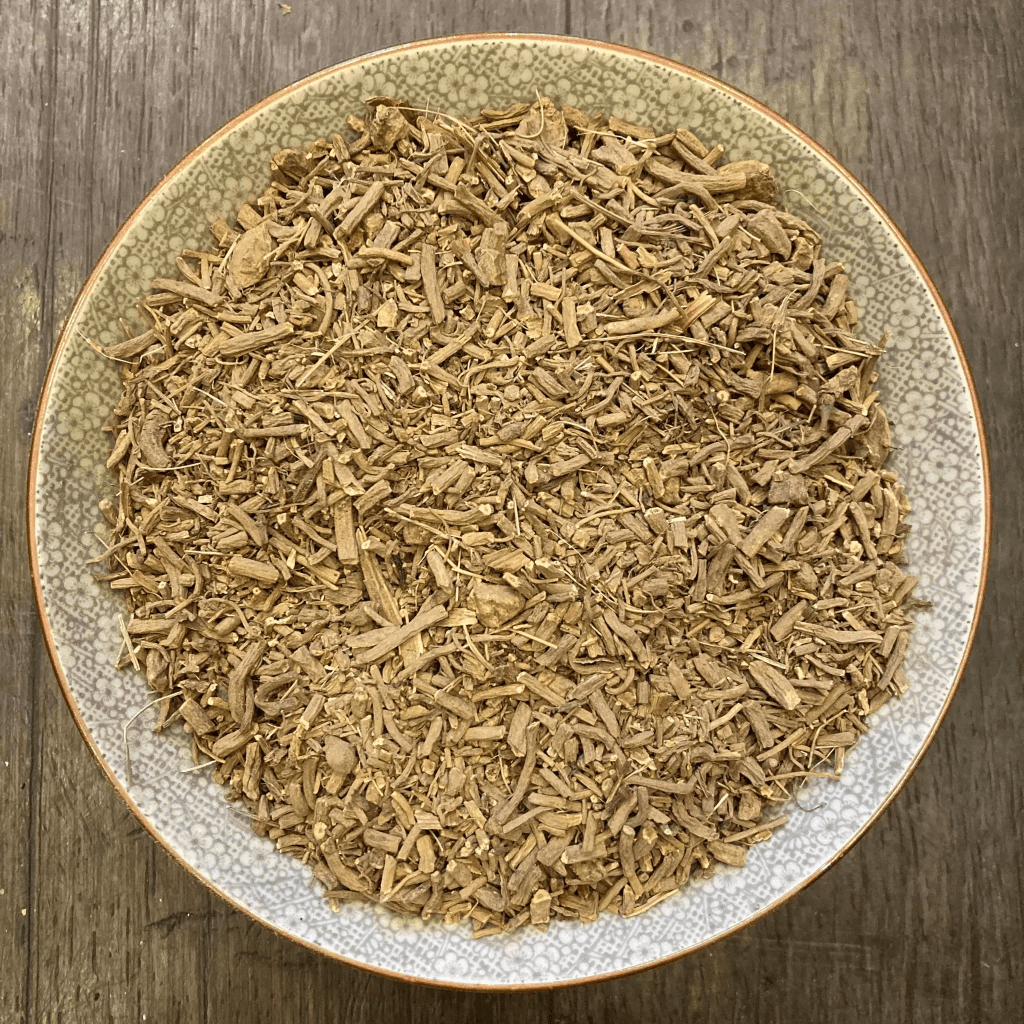If you’ve ever had an overwhelming urge to move your legs while trying to relax, you might be familiar with Restless Leg Syndrome (RLS). This neurological condition, often worse in the evening, causes uncomfortable sensations that only seem to ease when you move. RLS can make restful sleep a challenge and affect your overall quality of life. But there’s good news—many effective remedies can help relieve these symptoms. Let’s explore some tried-and-true methods for managing RLS naturally and effectively.
Understanding Restless Leg Syndrome: Causes and Symptoms

Restless Leg Syndrome brings on an almost irresistible need to move the legs, often accompanied by tingling, itching, or even burning sensations. These symptoms are especially intense during periods of rest or inactivity, which is why they tend to peak in the evening. Although the exact cause of RLS is unknown, it’s believed to involve a dopamine imbalance—a brain chemical crucial for muscle movement. Genetics, iron deficiency, and certain chronic conditions like diabetes and kidney disease can also play a role.
Why Conventional Treatments Aren’t Always Enough
Doctors may prescribe medications like dopamine agonists, anti-seizure drugs, or even opioids to treat severe RLS cases. While these treatments can help, they often come with side effects and may not be suitable for long-term use. For many, conventional treatments don’t fully relieve symptoms or may work only temporarily. That’s why many people turn to lifestyle changes and natural remedies to find lasting relief.
Natural Remedies for Restless Leg Syndrome: Holistic Approaches
Natural remedies focus on non-medical ways to reduce RLS symptoms. By making a few lifestyle adjustments and incorporating relaxation techniques, many people with RLS find they can manage their symptoms effectively. Here are some natural approaches that have been shown to help alleviate RLS.
1. The Power of Nutrition: Eating the Right Foods
The role of diet in managing RLS is often overlooked. Specific nutrients play a key role in reducing symptoms, particularly iron, magnesium, and folate. Iron deficiency is a common culprit behind RLS, so foods rich in iron, like leafy greens, lean meats, and fortified cereals, can help. Magnesium, found in nuts, seeds, and whole grains, has relaxing properties that might ease RLS. Folate, available in foods like beans and asparagus, also supports overall nerve function.
Alongside eating nutrient-rich foods, it’s wise to avoid stimulants like caffeine and alcohol, which can make RLS symptoms worse, particularly in the evening.
2. Exercise and Physical Activity: Finding the Right Balance

Moderate exercise can work wonders for those with RLS. Activities like walking, swimming, and gentle yoga can improve circulation, relax the muscles, and reduce the urge to move the legs. However, timing is crucial—vigorous exercise right before bed might have the opposite effect, worsening symptoms. Try to exercise earlier in the day and stick to gentle movements in the evening to reap the benefits without disturbing your sleep.
3. Relaxation Techniques to Manage Stress and Ease Symptoms
Stress is a known trigger for RLS, so learning to manage stress can make a noticeable difference. Techniques like meditation, deep breathing, and progressive muscle relaxation are excellent ways to ease tension, reduce stress, and promote better sleep. Regularly practicing these methods can help you wind down in the evening and make the nighttime symptoms of RLS more manageable.
4. Exploring Herbal Supplements for Restless Leg Relief
Herbal supplements like valerian root, chamomile, and passionflower have long been used to promote relaxation and improve sleep quality. While research on their specific effectiveness for RLS is limited, many people find relief using these natural remedies. As with any supplement, it’s best to consult a healthcare professional before adding them to your routine, especially if you’re taking other medications.
5. The Role of Sleep Hygiene in Reducing RLS Symptoms
Creating a sleep-friendly environment can significantly improve RLS symptoms. This means establishing a consistent bedtime routine, avoiding screens at least an hour before bed, and keeping your room cool and dark. You might also find relief by using weighted blankets or leg massage devices to soothe your legs and reduce the urge to move. With good sleep hygiene, you create a calm space that can make it easier to manage RLS symptoms.

Personal Remedies That Have Worked for Many
Sometimes, the best remedies come from personal experience. Here are some tried-and-true tips from people who have successfully managed their RLS:
- Leg Massages Before Bed: Many people find relief through gentle leg massages before going to sleep. Massaging the muscles can help improve circulation and reduce the “antsy” feeling in your legs.
- Hot Baths or Heating Pads: Applying heat to the legs can relax the muscles and relieve discomfort. A warm bath before bed or a heating pad on your legs can be calming and help you unwind.
- Stretching Exercises: Light stretching can ease muscle tension, especially in the calves and hamstrings, and provide a relaxing pre-sleep ritual.
When to Consult a Healthcare Professional
If you’re struggling with RLS despite trying various remedies, it may be time to consult a healthcare professional. They can help determine if an underlying condition like iron deficiency or another health issue could be contributing to your symptoms. Additionally, a professional can recommend treatments or medications suited to your specific needs, ensuring you find the most effective management plan for your situation.

Conclusion: Finding Your Personalized Remedy for RLS
Restless Leg Syndrome can be challenging, but relief is possible through a combination of diet, exercise, relaxation, and lifestyle changes. Whether you find comfort in a hot bath, a new dietary approach, or herbal supplements, the key is to experiment and find what works best for you. With some patience and persistence, you can manage RLS and enjoy peaceful, restorative sleep once again. Remember, the right solution may involve a mix of these methods tailored to your unique needs.


